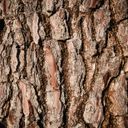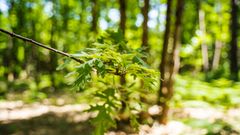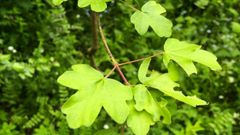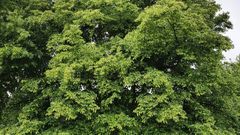

Maritime pines ( Pinus pinaster ) are very widespread, covering more than 10% of woodlands in France. They are part of the Pinaceae family. Originating from southwestern Europe, this species is common on the Atlantic and Mediterranean coasts.
EcoTree mainly plants Maritime Pines in forests with sandy soils and low fertility. Oak trees planted under the cover of maritime pines face significantly less insect damage thanks to insect-eating birds which frequent Maritime Pines.
Maritime Pine, as the name suggests, withstand sea spray and strong winds, meaning they're found mainly near the Atlantic and Mediterranean. They also help stabilise the dunes since they can bear sandy soil. The species is calcifuge, meaning they don't tolerate alkaline soils, and doesn't need lots of fertilizer, but is desperate for light and heat. Maritime pines thrive in poor but deep soils that drain well, preferably acidic and moist. They tolerate drought, but struggle in harsh winters. These pines are therefore very cold sensitive, which limits their natural progression north. Their plantation is planned between October and April, excluding the frost period of course.
Their dark red, hard, heavy, resinous heartwood and light sapwood characterise Maritime Pine. Slightly springy, they resist compression well, but aren't very flexible and crack easily. They can be worked, nailed, and painted easily. Their wood is used by carpenters and joiners, especially for wooden floors, but it's also used to make columns, boxes, and more. In the past, they've been harvested for their resin from which we get turpentine.
Often called the "golden tree," the Maritime Pine stands as a symbol of strength, determination, and vitality due to its resilient foliage. Its ability to withstand strong winds and storms also makes it a powerful emblem of energy and vigor.
Give the gift of a maritime pine for graduation – a unique and lasting way to celebrate success and determination. This special tree is a thoughtful present that honors your loved one's courage, energy, and commitment to their career goals, education, apprenticeships, and ambitions.
Give a tree – the original graduation gift that congratulates your loved one while also benefiting the environment. Celebrate with a Maritime Pine!
Our goal is to enable anyone to do something that benefits nature and helps us to live in a more harmonious world. So why not become a tree owner in a European forest and help combat climate change?






Please note that this is promotional communication. See our notice of information.